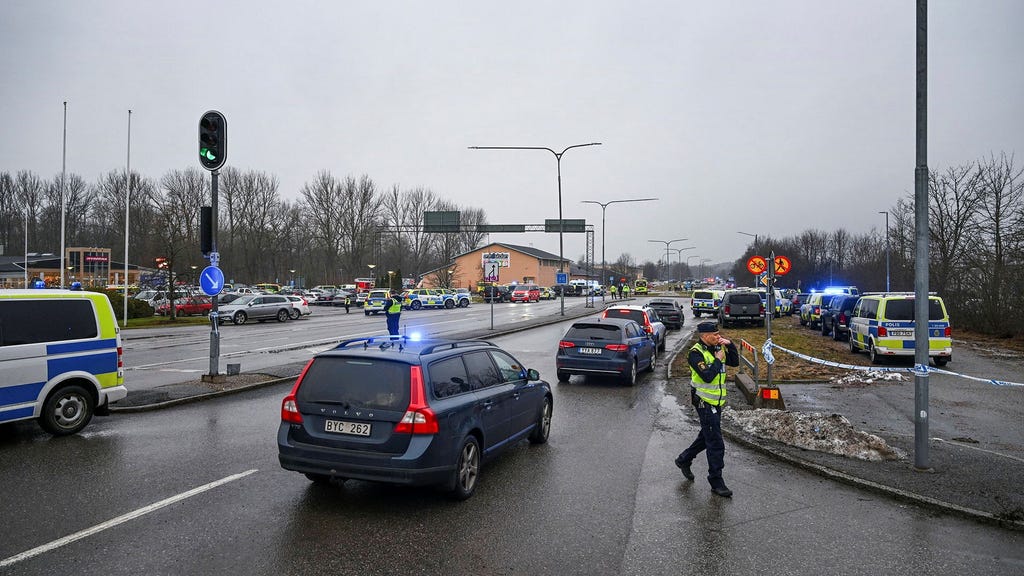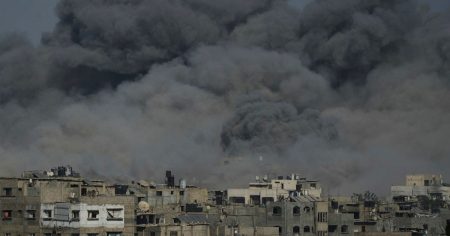The shooting at Risbergska school in Örebro, Sweden, serves as a chilling reminder of the escalating violence plaguing the nation. While horrifying, the incident was tragically predictable, reflecting a growing trend of children perpetrating violence, often manipulated by older criminals who view them as expendable pawns. These young individuals, easily lured and deceived, become instruments of violence, carrying out shootings and bombings for paltry sums, their lives callously disregarded by those who exploit them. This disturbing phenomenon is exacerbated by the ready availability of firearms and explosives, transforming communities into battlegrounds and fostering a climate of fear. The question remains: what concrete measures has society taken to prevent this escalating cycle of violence?
Social media platforms play a significant role in this crisis, acting as virtual bulletin boards for contract killings, where prices for acts of violence are openly displayed. The anonymity and reach of these platforms facilitate the spread of extremist ideologies, hate speech, and conspiracy theories, further contributing to the radicalization of vulnerable individuals. The ease with which violent content is disseminated raises serious questions about the responsibility of tech companies and lawmakers to regulate these platforms effectively and curb the spread of harmful material. The unchecked proliferation of violent content online necessitates a critical examination of the existing legal framework and a concerted effort to hold tech companies accountable for the content hosted on their platforms.
The current situation in Sweden is dire, marked by a pervasive sense of insecurity and fear. Criminal gangs exert significant influence in certain areas, wielding power through violence and intimidation. The seemingly unimpeded flow of weapons and explosives further empowers these groups, enabling them to maintain their grip on communities. This environment of unchecked violence permeates various aspects of society, ultimately reaching even educational institutions like the Risbergska school, demonstrating the pervasive nature of the threat and the urgent need for comprehensive action. The government’s apparent inability to control this escalating violence underscores the depth of the crisis.
Prime Minister Kristersson’s recent admission of a lack of control over the wave of violence, following a period of almost daily bombings, is deeply concerning. This acknowledgement, coming just days before the school shooting, highlights the urgency of the situation and the need for decisive leadership. The escalating violence demands immediate and comprehensive action, moving beyond rhetoric and demonstrating a genuine commitment to addressing the root causes of the crisis. The prime minister’s words must be followed by concrete actions, reflecting a clear understanding of the gravity of the situation.
The Örebro school shooting should serve as a wake-up call, demanding that the government recognize this as a national crisis and take decisive action. This requires a multi-pronged approach, involving all relevant stakeholders: law enforcement, social services, educators, community leaders, and tech companies. A collaborative effort is crucial to develop both short-term and long-term solutions. Short-term measures might include increased police presence, stricter gun control laws, and targeted interventions in affected communities. Long-term solutions necessitate addressing the underlying social and economic factors that contribute to violence, such as poverty, inequality, and lack of opportunity. Furthermore, educational programs promoting tolerance, respect, and conflict resolution are vital in shaping a more peaceful future.
Prime Minister Kristersson must demonstrate leadership by convening all necessary parties and formulating a comprehensive action plan. This should involve setting clear goals and timelines for implementing both immediate and long-term strategies. Political considerations should be put aside in favor of a united front against the violence. Reaching across the aisle to collaborate with the opposition is crucial to demonstrate a collective commitment to addressing this national crisis. This unified approach will send a powerful message to the nation and underscore the seriousness with which the government is approaching this issue. Only through decisive action and collaborative efforts can Sweden hope to curb the escalating violence and build a safer future for its citizens.














